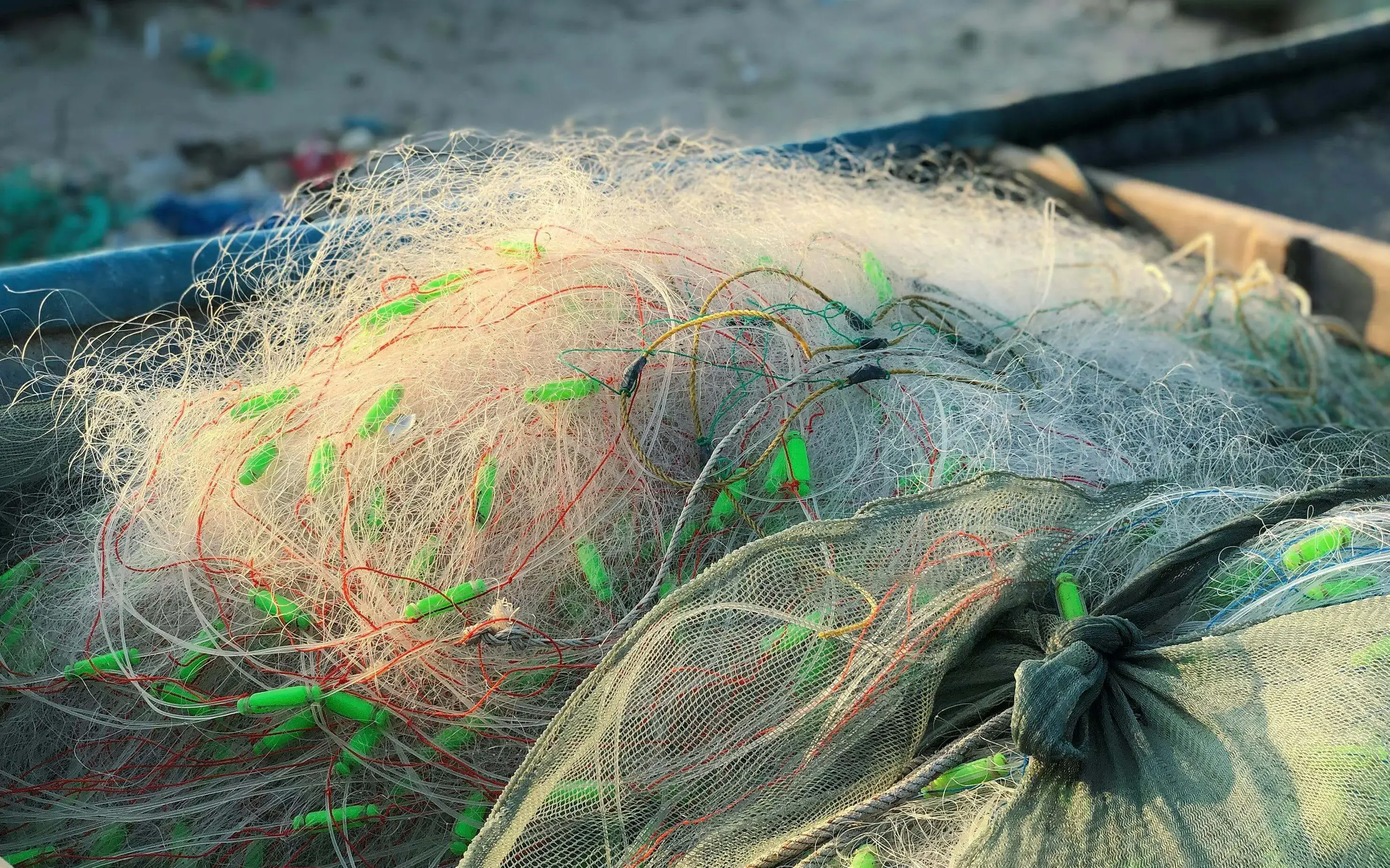
Illegal, unreported, and unregulated (IUU) fishing is ravaging marine ecosystems across Europe. Richard Barreno, President at Sea Shepherd Spain, shares how they combat this crisis through direct action, documentation, and collaboration with authorities.
What is the extent of illegal fishing in European waters and how does it affect our marine ecosystems?
It is impossible to know the extent of illegal fishing, not only in European waters but in all seas and oceans of the planet. IUU (illegal, unreported, unregulated) fishing is an activity that is destroying ecosystems and distorting the reality of fishing grounds for scientific research, which is constantly trying to gain an understanding of the survival status of life in the seas. It is shocking and terrible to talk about survival, but it is true: the ocean is trying to survive the onslaught of IUU fishing.
Marine ecosystems, or marine communities as we like to call them, are being devastated by human activity and the introduction of invasive species, both artificial and natural. As fishing grounds become depleted and animal reproductive cycles are not respected, some fishermen are becoming increasingly desperate, realizing that to catch the same amount of fish as they used to in one trip, they now need to go out 20 times with the same boat. At Sea Shepherd, we are trying to document and provide the necessary resources to combat illegal fishing. Right now, there is no marine community that is not affected by illegal fishing.
What types of operations does Sea Shepherd carry out to detect and report it?
Sea Shepherd, and our fleet of activist-crewed vessels, conduct targeted campaigns at specific locations to expose and stop illegal activity. From documenting the killing of whales in Antarctica and denouncing the devastation of the area by krill fishing fleets to removing abandoned fishing nets in the Baltic Sea or collecting tens of thousands of octopus traps and fish-aggregating devices in Italy and Greece. Our mission is to intervene, document, and report. Through direct action, we have stopped more than 100 illegal fishing vessels off the coast of West Africa. With passion, preparation, and dedication, we are constantly fighting to stop poachers in various locations around the world.
What is the high-seas documentation process like? What type of evidence do you collect and what do you do with it?
We actively work with universities and scientific organizations to assess the impact of the activities we want to stop and thus understand the state of the ocean. We take samples, document populations, and report any problems or concerns we encounter during our campaigns so we can have a real-time assessment of the threats facing the oceans. We share this information with scientific, legal, and administrative experts so they are aware of the situation. The most important example was in the years following the largest environmental disaster caused by industry at sea: the explosion of the Deepwater Horizon oil rig. We spent years in the Gulf of Mexico collecting samples to document the effects of the oil spill on species in general and on sperm whales in particular.
In case of illegal or abandoned fishing nets or fishing gear that we have found, we seize the material and hand it over to the authorities so they can investigate its origin. In some cases, we collaborate with local organizations and companies to recycle this material and give it a use other than fishing or contributing to the destruction of the sea.
Have you found collaboration from local authorities or European governments? In which countries or areas has there been the greatest receptivity?
Some governments request our presence due to their own lack of resources. We go if the situation is feasible in terms of security, always stating that we collaborate with governments but do not work for them. If it's necessary to denounce the authorities' inaction, we do so as well. Right now in Europe, we collaborate with the governments of Italy and Greece and have memorandums of understanding with several administrations, where we express our activity and offer to collaborate on any matter related to marine conservation.
There is greater receptivity in the countries of the northern Mediterranean basin, as the southern and eastern basins are in a state of war or permanent conflict due to human migration and wars. Even so, we try to go to these places as long as the safety of our crew is assured. In the Baltic Sea, we are most receptive to Germany and the local administrations near the entrance to this sea. Again, the war-torn environment in the area sometimes makes conservation work difficult.
What has been one of the most shocking cases you've documented recently?
We are constantly shocked by the scope of the destructive activities we see. We just documented the death of a whale entangled in a fishing net that was being robbed of its food in Antarctica, and cases of being run over and harassed in the same place by krill-catching fleets. We removed 6,583 octopus traps in Greece, rescuing 571 live octopuses, in just 17 days. This is recent, and we will continue to seize illegal octopus traps.
Considering that a shark finning vessel can have the capacity to store 750,000 fins, it's staggering to think that we've detained more than 100 such vessels in our African campaigns. Think of all the animals we have saved... and will continue to save. We continue to reveal shocking cases week after week. You can check them out on our social media and by following the organization.
What obstacles do they face when trying to expose these practices, both at sea and on land?
At sea, we face aggressive and defiant attitudes from illegal fishermen. Many already know us and decide to leave the place where they go fishing as soon as they detect our presence. Others stay, stand up to us, and are arrested by the authorities who accompany us, or we document their activity and coordinate with authorities such as Interpol or the government that governs the sea where these poachers are located.
On land, in some ports, we also encounter aggressive attitudes, but they are more restrained, since on land there is greater visibility of the poachers' activity. There have also been cases of filing complaints, but they are dismissed when it is verified that our activity is legitimate and that the poachers fear the visibility that comes with reporting their illegal activity. It is a constant struggle, but these obstacles are a sign that we are doing things right and that we are where we need to be.
What role can citizens play in the fight against illegal fishing? How can we support their work?
The role of citizens is fundamental. From witnessing illegal activities in ports and fish markets to contributing to organizations like ours, we couldn't do what we do without citizens. It's clear that governments can't cope, whether voluntarily or involuntarily. We, the people on the street, have to say enough is enough and we have to empower and provide the tools to carry out conservation activities.
Make donations, raise funds, spread the word about our work, participate in a campaign as a volunteer... the options are varied, and creativity helps us find ways to protect the ocean and the seas. It's up to each individual, but at Sea Shepherd, we propose a strategy to defend, protect, and conserve the ocean and the life that lives in it through direct action. It's our hallmark.


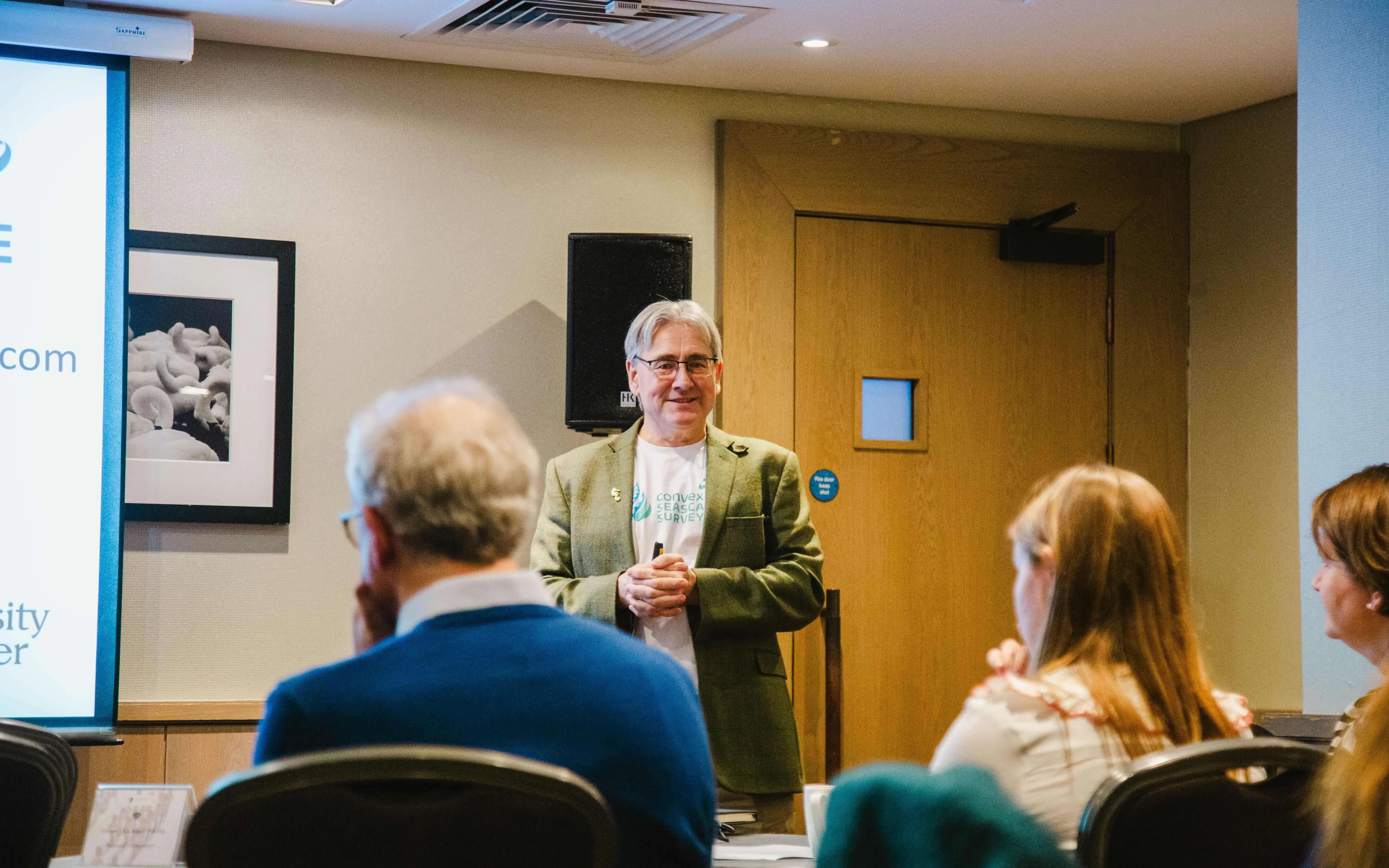
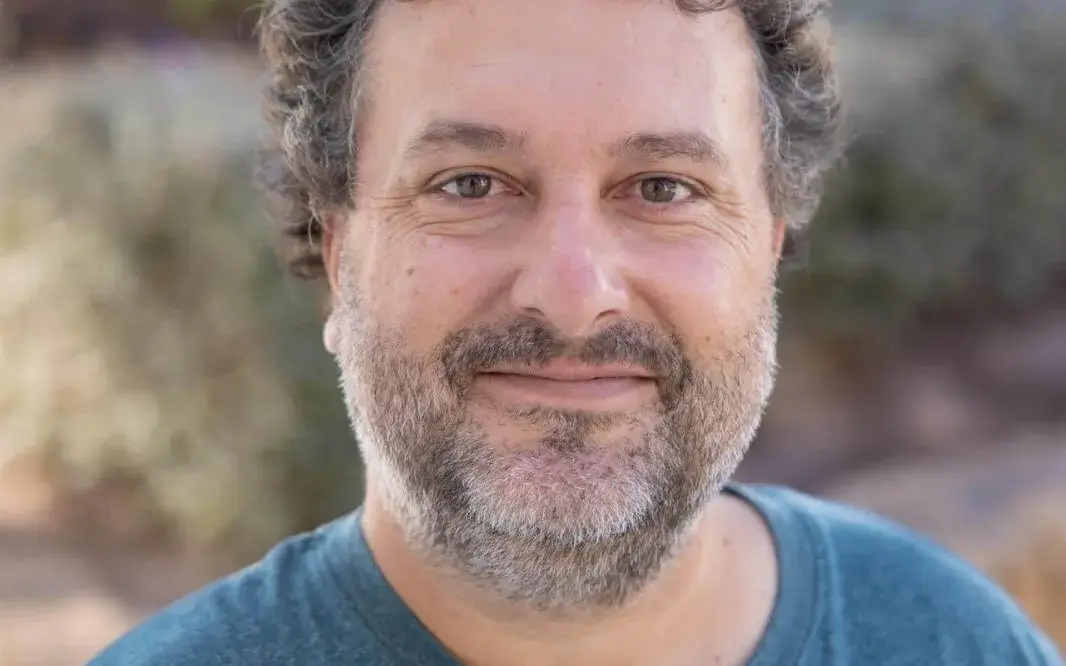
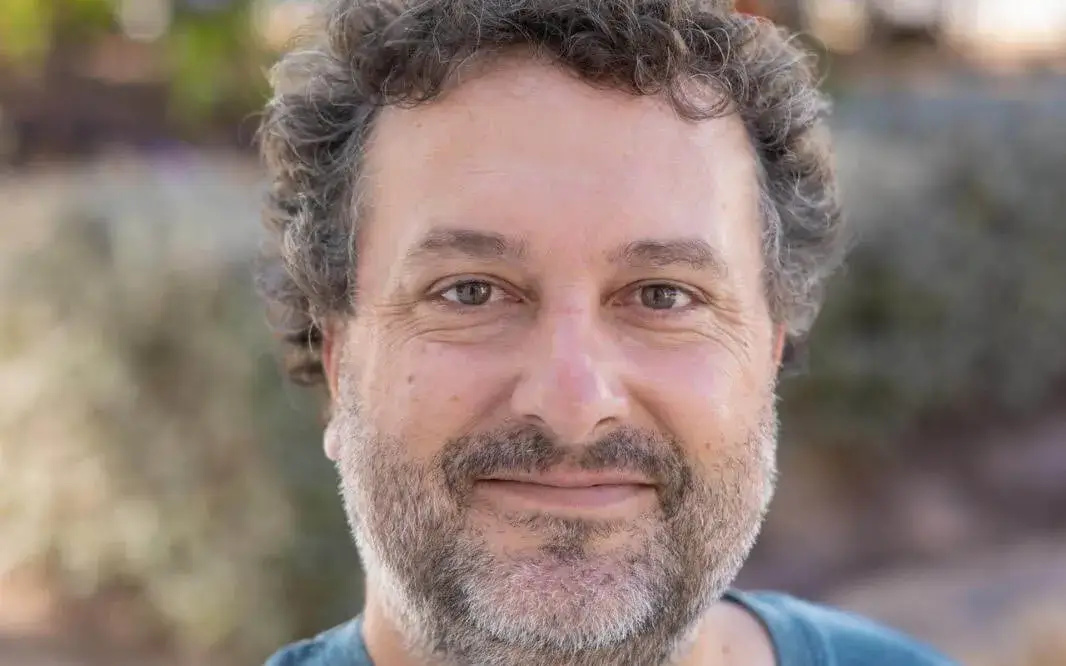
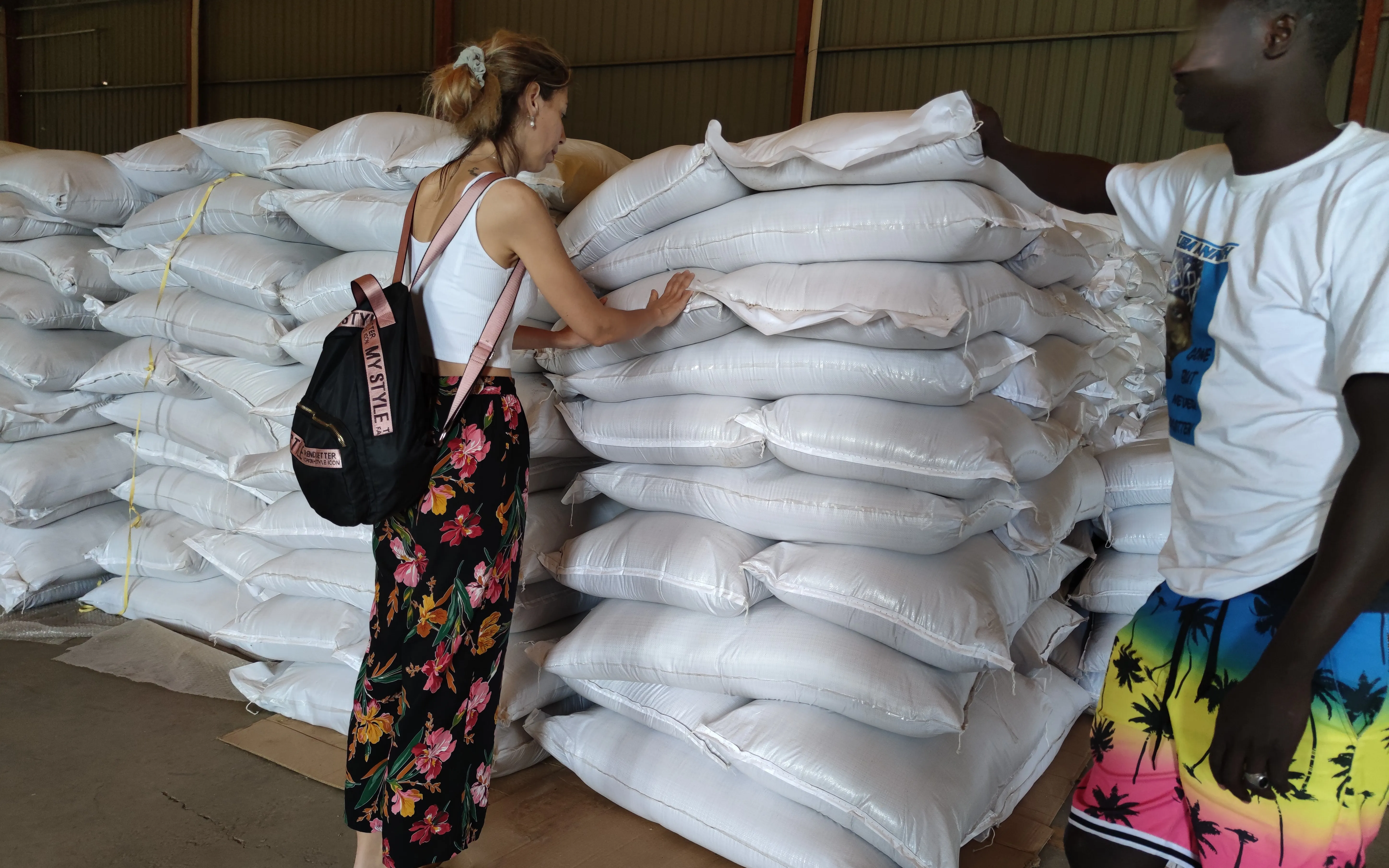
Add new comment